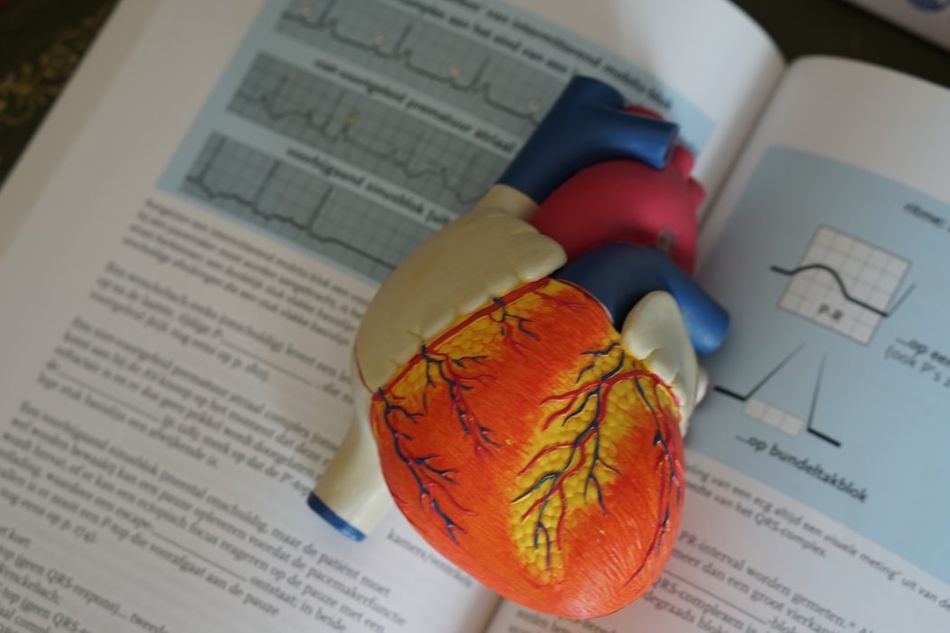Tips for Writing the Best Medical Personal Statement

Your online application’s Personal Statement essay allows the Admissions Committee to “see the person behind the numbers.” Hundreds of applications are reviewed by admissions officers. The Personal Statement allows you to stand out from the crowd and persuade the committee of your commitment to a health profession, as well as what you have done in the past to accomplish that objective. You may want to consider hiring medical personal statement editing services to help you.
Once you’ve gotten beyond the numerical obstacle, your personal statement will get you an interview. You just have one page to portray your personality, your experience, and your motivation, as well as your individuality. It’ll pr obably be the most difficult piece of writing you’ll ever have to do. Most students will need to write numerous draughts, so get started as soon as possible. Be aware that writing a personal statement usually necessitates multiple draughts, and getting medical school personal statement help would be wise.
Personal Statement Do’s & Don’ts
The Personal Statement Is:
- It is about YOU, not your parents or other mentors, in a personal statement.
- demonstrates to the school that you are deserving of a spot in the upcoming class. (Every applicant has strong feelings about wanting to be a doctor or dentist.) Demonstrate this by demonstrating what you’ve done.)
- Written in a straightforward, conversational style. Admissions committees aren’t impressed by big words (other than technical references). Take help from medical school personal statement editing services to get the tone right.
The Personal Statement Is Not:
- An essay about the status of healthcare and how you’ll alter it;
- a reiteration of your resume/experiences;
- full of quotes or obscure references;
Refrain from writing personal statements like this:
- Don’t Make it a Manifestation of Destiny: Any essay that states, “I was born to be a doctor,” “Friends always tell me I should be a doctor,” or “I knew I wanted to be a doctor when I was eleven.” These are frequent ruses that reveal little more than the fact that you are desperate to get into medical school. They are already aware of this. Focus on your unique individuality rather than a larger-than-life destiny.
- Future Contribution to the World: It sounds naive to have your entire life planned out, especially if it has an angelic feel to it. “When I grow up, I want to be a… and save the world,” says nothing about you to your reader.
What Personal Statements Should Consist of:
- Consider the following questions: Who are you? I am compelled to… I’ve learned to… I’m pretty sure…
- What are your most ardent passions or concerns? What problem(s) dominate your thoughts and efforts?
- How did you come to have those passions? (Not just the story, but your motivations.)
- What lessons have you learned about yourself as a result of your mistakes or regrets?
- When does time seem to vanish for you? What does this say about your interests and values?
- What concepts, books, courses, or experiences have left an indelible impression on you? How so?
- How closely do your present commitments match your most deeply held values?
- When did you last make a change? Consider yourself before and after the change; what does it mean?
- What are the connections between your hobbies and who you are, and your ambitions in medical school and as a doctor?
- Create a “shoebox” where you can save random notes for your personal statement and be ready to write at any time. Review these items on a regular basis to get a better idea of what you want to express in your personal statement. Start writing draughts and experimenting; you’ll be able to tell when a paragraph is starting to gel.
These are the best ways to ensure that the medical school’s personal statement is exemplary and worthy of being considered.


